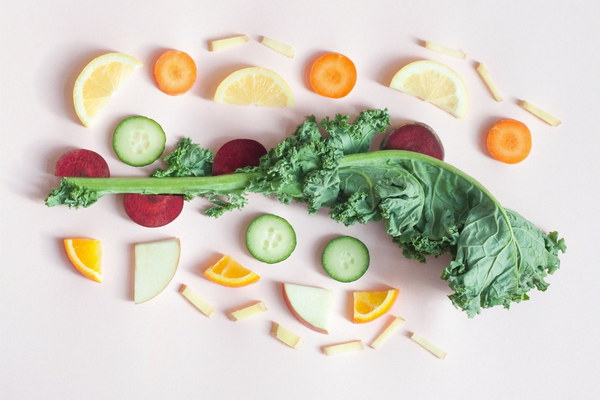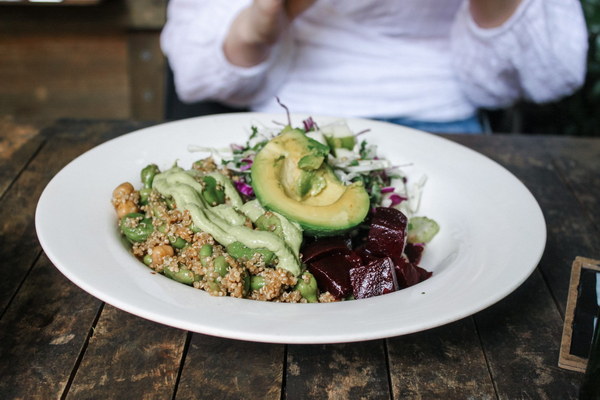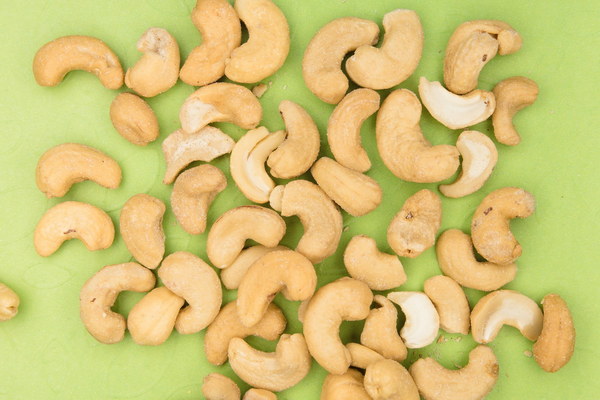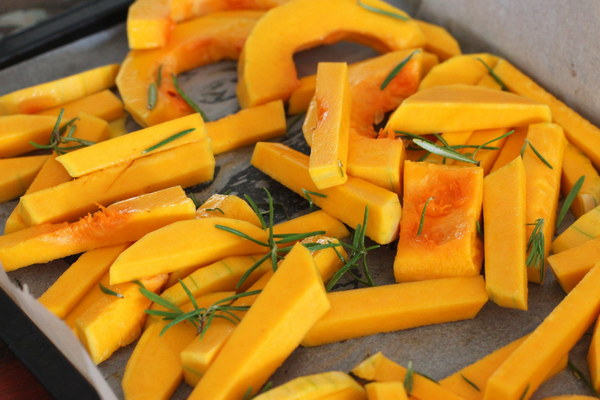Nourishing Your Kidneys A Diet Guide for Diabetics
Introduction:
Diabetes is a chronic condition that requires careful management, including dietary choices. Along with maintaining blood sugar levels, it is essential for individuals with diabetes to prioritize kidney health. The kidneys play a crucial role in filtering waste products from the blood and maintaining fluid balance. However, diabetes can damage the kidneys over time, leading to kidney disease. This article provides a comprehensive guide to a diet that can help nourish and protect the kidneys for individuals with diabetes.
1. High-Protein Foods:
Including high-quality proteins in your diet is essential for kidney health. Good sources of protein include lean meats like chicken, turkey, and fish, eggs, dairy products, legumes, and tofu. However, it is crucial to consume these proteins in moderation. Excessive protein intake can strain the kidneys, so it is recommended to limit protein intake to the recommended dietary allowance (RDA) for your specific needs.
2. Low-Glycemic Index (GI) Foods:
Maintaining stable blood sugar levels is vital for kidney health. Low-GI foods are slowly digested and absorbed, causing a gradual increase in blood sugar levels. Incorporating low-GI foods into your diet can help manage blood sugar levels effectively. Examples of low-GI foods include vegetables, whole grains, legumes, nuts, and seeds.
3. Fresh Fruits and Vegetables:
A diet rich in fruits and vegetables is beneficial for kidney health. These foods provide essential vitamins, minerals, and antioxidants that help protect the kidneys. Aim for a variety of colors to ensure a wide range of nutrients. Some kidney-friendly fruits and vegetables include berries, apples, carrots, spinach, kale, and bell peppers.
4. Healthy Fats:
Including healthy fats in your diet can help reduce inflammation and improve overall kidney health. Sources of healthy fats include avocados, nuts, seeds, olive oil, and fatty fish like salmon and mackerel. These fats can also help improve blood sugar control.
5. Limit Salt Intake:
Excess salt can contribute to high blood pressure, which is a risk factor for kidney disease. It is important for individuals with diabetes to limit their salt intake. Try to avoid processed and packaged foods, as they often contain high levels of sodium. Instead, use fresh herbs and spices to add flavor to your meals.
6. Hydration:
Staying well-hydrated is crucial for kidney health. Drinking plenty of water helps flush out waste products and toxins from the kidneys. Aim to drink at least eight glasses of water per day, or more if you are active or live in a hot climate.
7. Limit Alcohol and Caffeine:
Excessive alcohol consumption can damage the kidneys and exacerbate kidney disease. It is recommended for individuals with diabetes to limit their alcohol intake to moderate levels. Similarly, excessive caffeine consumption can lead to dehydration and increase the risk of kidney stones. Aim to consume caffeine in moderation.
8. Consult with a Dietitian:

It is important for individuals with diabetes to work with a registered dietitian to create a personalized diet plan that meets their specific nutritional needs. A dietitian can provide guidance on portion sizes, food choices, and meal planning to help maintain kidney health.
Conclusion:
Maintaining kidney health is essential for individuals with diabetes. By incorporating the right foods into your diet and following the guidelines mentioned above, you can help protect your kidneys and reduce the risk of kidney disease. Remember to consult with a healthcare professional or dietitian to create a personalized diet plan that suits your individual needs.









